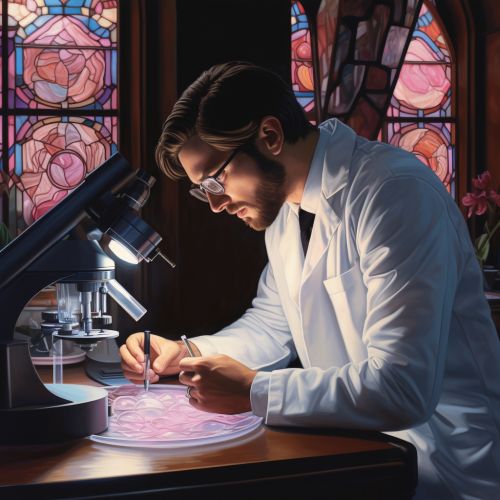Autosomal Recessive Disorders
Introduction
Autosomal recessive disorders are a type of genetic disorder that occur when an individual inherits two copies of an abnormal gene for the same trait, one from each parent. These disorders are usually passed on by two carriers. Their health is rarely affected, but they have one mutated gene (recessive gene) and one normal gene (dominant gene) for the condition. With each pregnancy, two carrier parents have a 25 percent chance of having an unaffected child with two normal genes (non-carrier), a 50 percent chance of having an unaffected child who is also a carrier, and a 25 percent chance of having an affected child with two recessive genes.
Mechanism of Inheritance
Autosomal recessive inheritance refers to the pattern of inheritance in which both copies of an autosomal gene must be abnormal for a genetic condition or disease to occur. In autosomal recessive inheritance, both parents are typically carriers of the condition but do not show symptoms, as they also have a copy of the gene that is normal. If both parents are carriers, there is a 25% chance with each pregnancy for an offspring to have the disorder.
Common Autosomal Recessive Disorders
There are numerous autosomal recessive disorders, some of which are more common than others. These include:
Cystic Fibrosis
Cystic fibrosis is one of the most common autosomal recessive disorders. It affects the cells that produce mucus, sweat, and digestive juices, causing these fluids to become thick and sticky. This can block tubes and ducts in various organs, with the lungs and pancreas being the most severely affected.
Sickle Cell Anemia
Sickle cell anemia is an autosomal recessive disorder that affects the hemoglobin in red blood cells, causing the cells to assume a sickle shape. This can lead to various complications, including pain, infections, and anemia.
Tay-Sachs Disease
Tay-Sachs disease is a rare and usually fatal genetic disorder that results in progressive destruction of the nervous system. It is caused by the absence of a vital enzyme called hexosaminidase-A (Hex-A).
Diagnosis and Treatment
The diagnosis of autosomal recessive disorders often involves genetic testing. This can include carrier testing for individuals who have a family history of a specific disorder, prenatal testing for couples who are expecting a baby, and newborn screening which is a public health service provided by all states in the U.S.
Treatment for autosomal recessive disorders varies widely depending on the specific disorder. It often involves managing symptoms and complications. In some cases, gene therapy may be an option.


